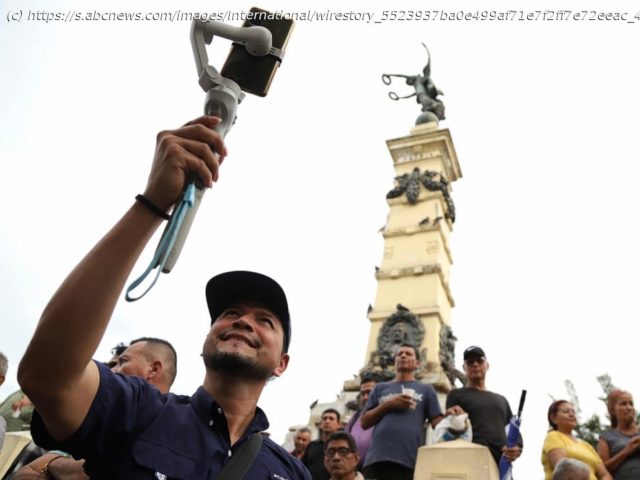An expanding network of social media personalities is amplifying and echoing President Nayib Bukele of El Salvador
SAN Douglas Guzmán’s TikTok feed was dotted with workout routines and videos showcasing his favorite parts of his country.
That changed about a year ago, as rights groups, civil society and even some officials criticized El Salvador’s President Nayib Bukele for violating human rights in his crackdown on criminal gangs, and said that his unconstitutional bid for re-election would corrode the country’s democracy.
Within days of Bukele announcing his bid for a second five-year term, Guzmán’s feed was plastered with videos describing Bukele as the “future liberator of Latin America” and slick montages of the leader’s “mega-prison” for accused gangsters.
Views on the social media influencer’s videos skyrocketed. The 39-year-old member of Bukele’s party said he found a new mission: counteracting negative press from independent media about his populist president.
“(Journalists) don’t know anything. All they do is sit at their desks and watch as President Bukele … makes a massive effort to save thousands of lives. But they don’t see that because they’ve never cared about the lives of Salvadorans,” Guzmán said. “That’s why we’re here. To show the true reality.”
Guzmán is part of an expanding network of social media personalities acting as a megaphone for the millennial leader. At the same time Bukele has cracked down on the press, his government has embraced those influencers. As the president seeks to hold onto power, he has harnessed that flood of pro-Bukele content slowly turning his Central American nation into an informational echo chamber.
“A news organization doing an investigation can’t compare to the sounding board that these influencers have because they flood your social media with the government’s narrative,” said Roberto Dubon, a communications strategist and congressional candidate for Bukele’s former party, FMLN. “What you have is an apparatus to spread their propaganda.”
Bukele, a 42-year-old leader often donning a backwards baseball cap, worked years in political advertising before social media became a key to his rise to power five years ago. Since, his approval ratings have soared to 90%, according to a June CID Gallup poll. Bukele’s modern political messaging, charisma and brutal crackdown on the country’s gangs only continue to win him fans domestically and abroad even in the midst of controversy.
By doing so, Bukele is using a playbook increasingly utilized by 21st century autocrats, said Seva Gunitsky, a political scientist at the University of Toronto.
Social media was once hailed as the ultimate democratic tool to organize protests, even revolutions, across the world. Now, governments from Russia to Uganda are now using it to control the narrative.
Start
United States
USA — mix As free press withers in El Salvador, pro-government social media influencers grow...






